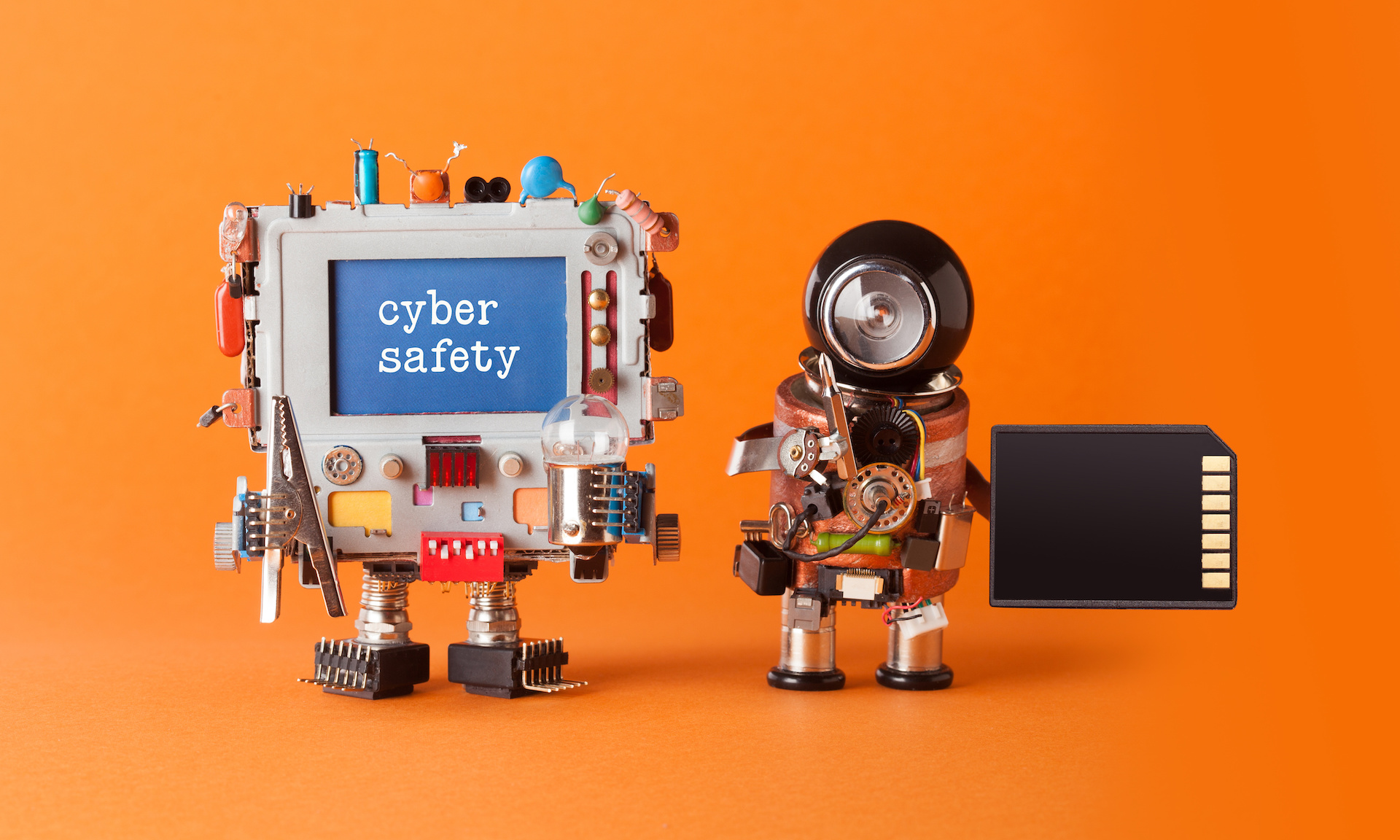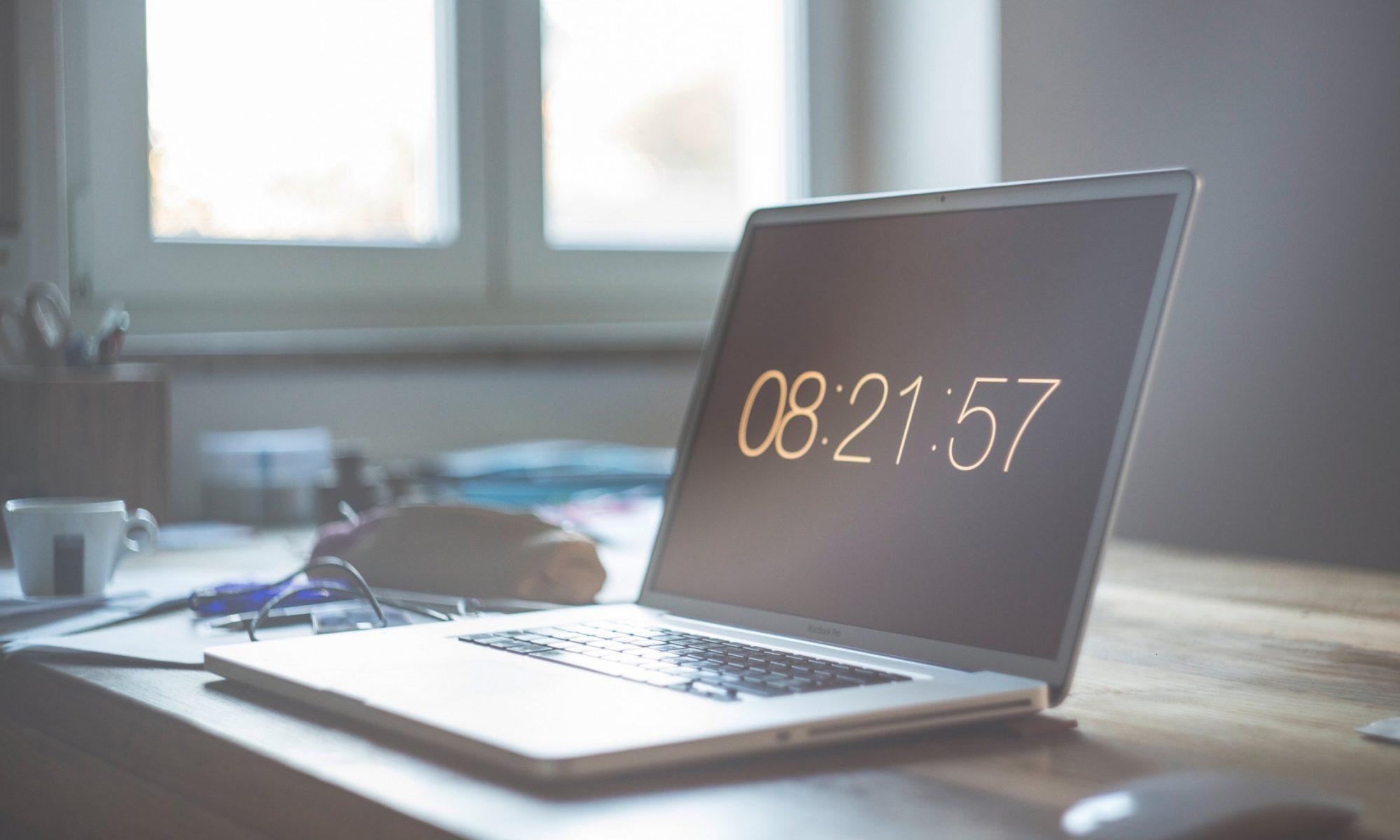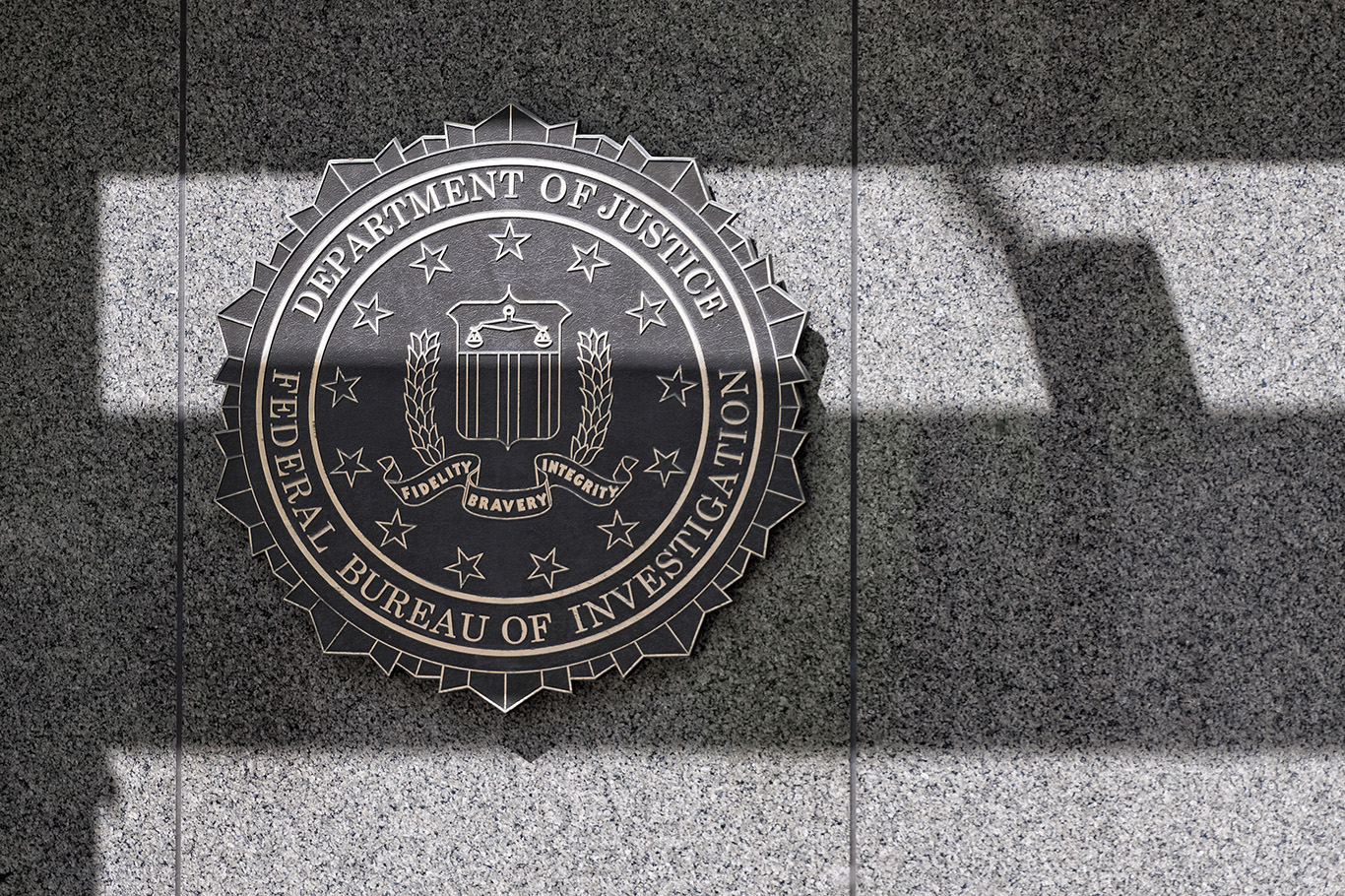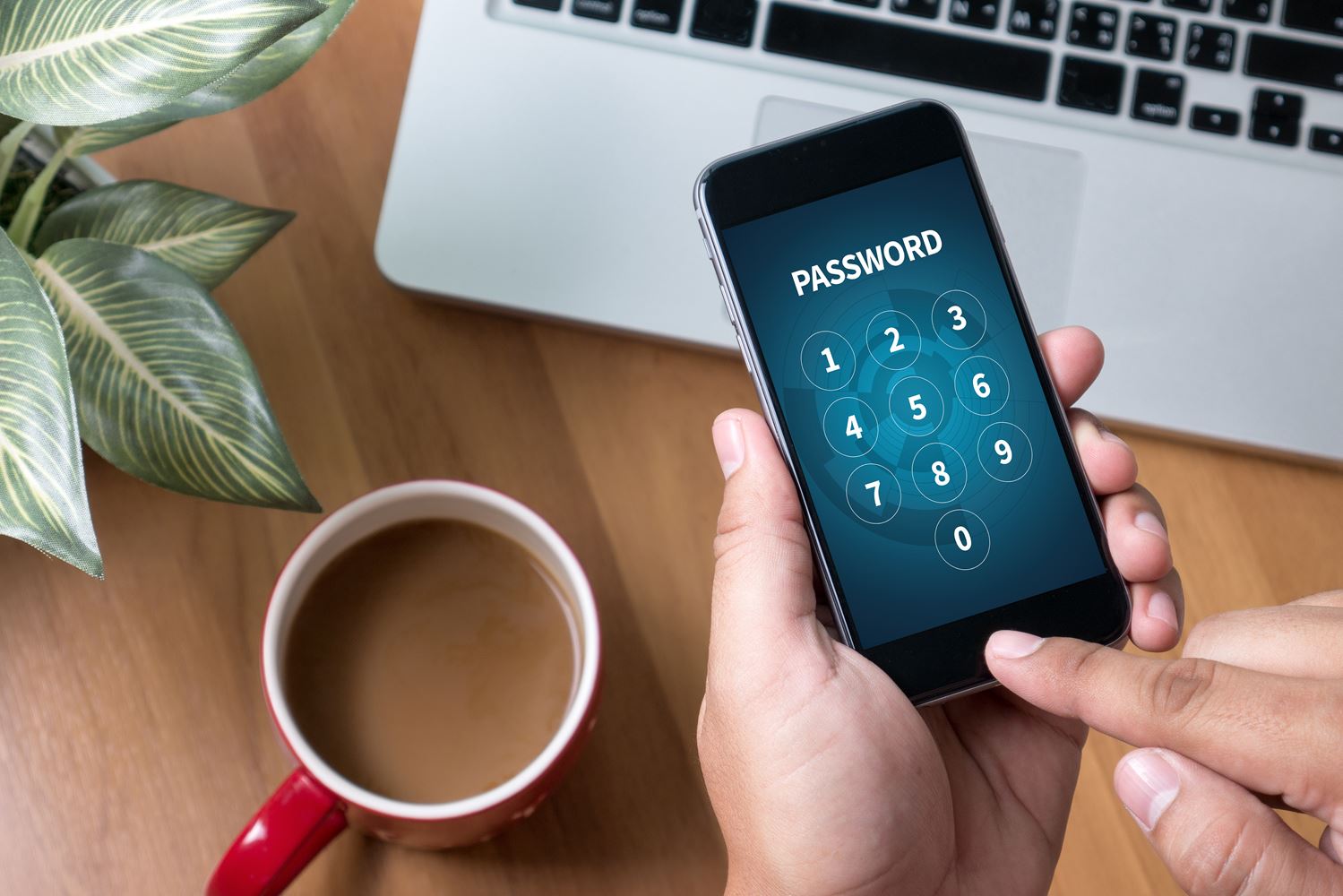Safety Detective: How did you get started in the cybersecurity industry?
Mauro Celentano: I started almost 10 years ago as an engineer; security and privacy in the IT field have always fascinated me. I knew that one day the World Wide Web would have become popular among the people and that the privacy and security of sensitive personal data would be critical.
I developed most of my skills in cybersecurity working as Director in Defenx, a company which joined the London Stock Exchange in 2015 and of with whom I am a shareholder.
SD: For whom does your company focus on providing cybersecurity?
MC: We provide services to end-users as well as to companies like SeaGate, Western Digital, Turkish Telecom, and computer manufacturers. We provide SDK and white label services to companies so they can integrate security into their software products. We believe that security is a right, and we want to offer our solutions at competitive prices; in this way also developing countries with emerging economies can afford our services.
SD: What does your company do to help protect end-users?
MC: We started in mobile cybersecurity because we believe that within the next 15 years, mobile will become just as mainstream as desktops or servers. Data is very sensitive right now, which is why we provide these kinds of services. When the company develops its own software, they can integrate our technology and use all our tools to keep their data secure and private. We are investing a lot in R&D right now and are developing a new kind of product, for both desktop and mobile—mostly based on new technology like AI, machine learning, and blockchain.
SD: What do you feel is the worst cyber threat to end-users today?
MC: We believe that ransomware is a huge threat because, although earlier, hackers would attack your device to steal your personal information and resell it, right now, they do this to steal money. We also see an increase in crypto mining, which uses the victim’s device to make money and destroy their hardware. We think that in the next year, IoT technology, like smart devices that help monitor homes or save time, will become a focus for this kind of attack because there is no built-in security.
SD: Is Defenx developing new technologies to protect smart home devices or other IoT?
MC: Yes, we are developing new ideas which are still at the testing stage, but the main role has to be played by the OEMs that created these smart devices. The biggest problem about smart home devices is that they lack in software security, which means we are not provided with any regulation or standard to use to build a security solution on these devices. We are trying to build software instead of putting hardware in the network; this will hopefully lead us to have a stable version in one year from now.
SD: How do you see cybersecurity developing in the next five years?
MC: I think AI, machine learning, and blockchain will hold a big role in developing new cybersecurity solutions. Right now, we are still adapting to the pitfalls of the World Wide Web and most of the users are unaware of how important is to keep their devices protected. In the future, we will get used to digitally locking our devices and personal data just like we lock our doors at night.










